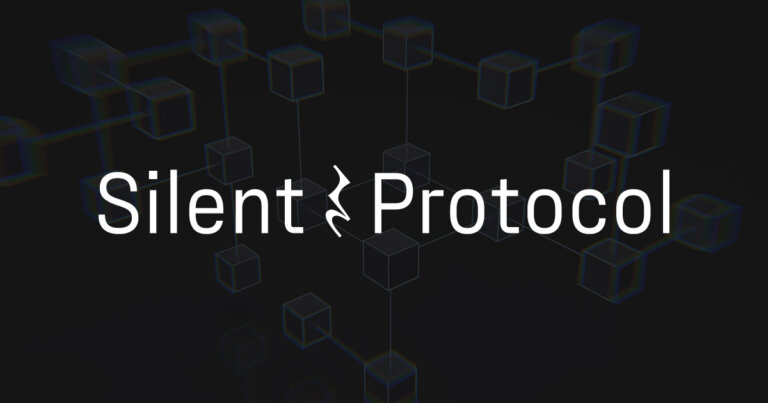 Silent Protocol ushers in a new era of DeFi privacy as Sora Ventures leads $5M round
Silent Protocol ushers in a new era of DeFi privacy as Sora Ventures leads $5M round Silent Protocol ushers in a new era of DeFi privacy as Sora Ventures leads $5M round
Silent Protocol's innovative privacy solution hopes to bridge the gap between traditional banks and the DeFi sector.

Cover art/illustration via CryptoSlate. Image includes combined content which may include AI-generated content.
Silent Protocol is a startup initiative spearheaded by researchers from TÜBİTAK BİLGEM, Turkey’s leading technological and scientific center focused on advancing the country’s capabilities in technology and science. Its primary focus is developing a scalable privacy layer for existing applications, eliminating the need to swap liquidity from existing pools.
The project, which kicked off in 2021, has already attracted initial funding from venture capital firms such as Zee Prime Capital, Mechanism Capital, Hypersphere, and Daedalus, among others.
With its $5 million funding round led by Sora Ventures, Silent Protocol aims to extend its network into and beyond web3. The goal is to facilitate their work with traditional institutions by constructing a security layer for their applications, compliant with MiCA (Markets in Crypto-Assets) regulations in the European Union.
Investing in Decentralized Data Privacy
As far back as 2014, banks started exploring blockchain solutions to remove bottlenecks from their infrastructure. Many realized that significant adoption would be nearly impossible without robust data privacy on the blockchain. Most collaborations with banks have been through private or consortium blockchains, including Corda, developed by R3, and Fabric, developed by the Hyperledger Foundation. Despite their high costs and mainly experimental impact, these partnerships represented a significant step forward in blockchain adoption.
With time, banks identified the need to utilize the public blockchain to make significant strides in blockchain adoption. Thus, with its unique approach to facilitating real-time, cross-border payments, Ripple became popular with major financial institutions like SBI Holdings. It’s important to note that this trend doesn’t stop with adopting existing public blockchain platforms.
The growth and potential of web3 have presented investors with an entirely new playing field, putting pressure on major banks to acknowledge the growing presence of DeFi products. Consequently, institutions recognize the need to improve and change to stay competitive in the web3 market.
Silent Protocol: A Game Changer for Institutions Entering the Web3 Space
Silent Protocol is gearing up to play an important role in institutions transitioning into the web3 space, providing a crucial data privacy layer. Unlike other firms introducing zk solutions that require asset migration to their protocols, Silent Protocol is developing a layer that allows existing decentralized applications (dapps) to maintain liquidity and scale using zk solutions.
This framework represents a more practical business model, serving as a “supporting layer” rather than a “competitive layer” that necessitates further segregation among existing liquidity in the DeFi space.
With Silent Protocol, banks and other financial institutions can adopt a robust privacy layer to develop their dapps. This will expose clients to web3 products while ensuring data privacy and concealing transaction traces on the public blockchain.
Silent Protocol’s pending patent EZEE (Economical Zero-Knowledge Execution Environment) framework is set to be released in early Q4 2023. This development will provide a sandbox environment for institutions to test privacy-compliant solutions that can be scaled on top of their existing web3 products.
As the web3 landscape evolves, Silent Protocol’s approach, offering a scalable privacy layer that doesn’t necessitate liquidity swaps, could shift how traditional financial institutions engage with the decentralized finance sector.






















































